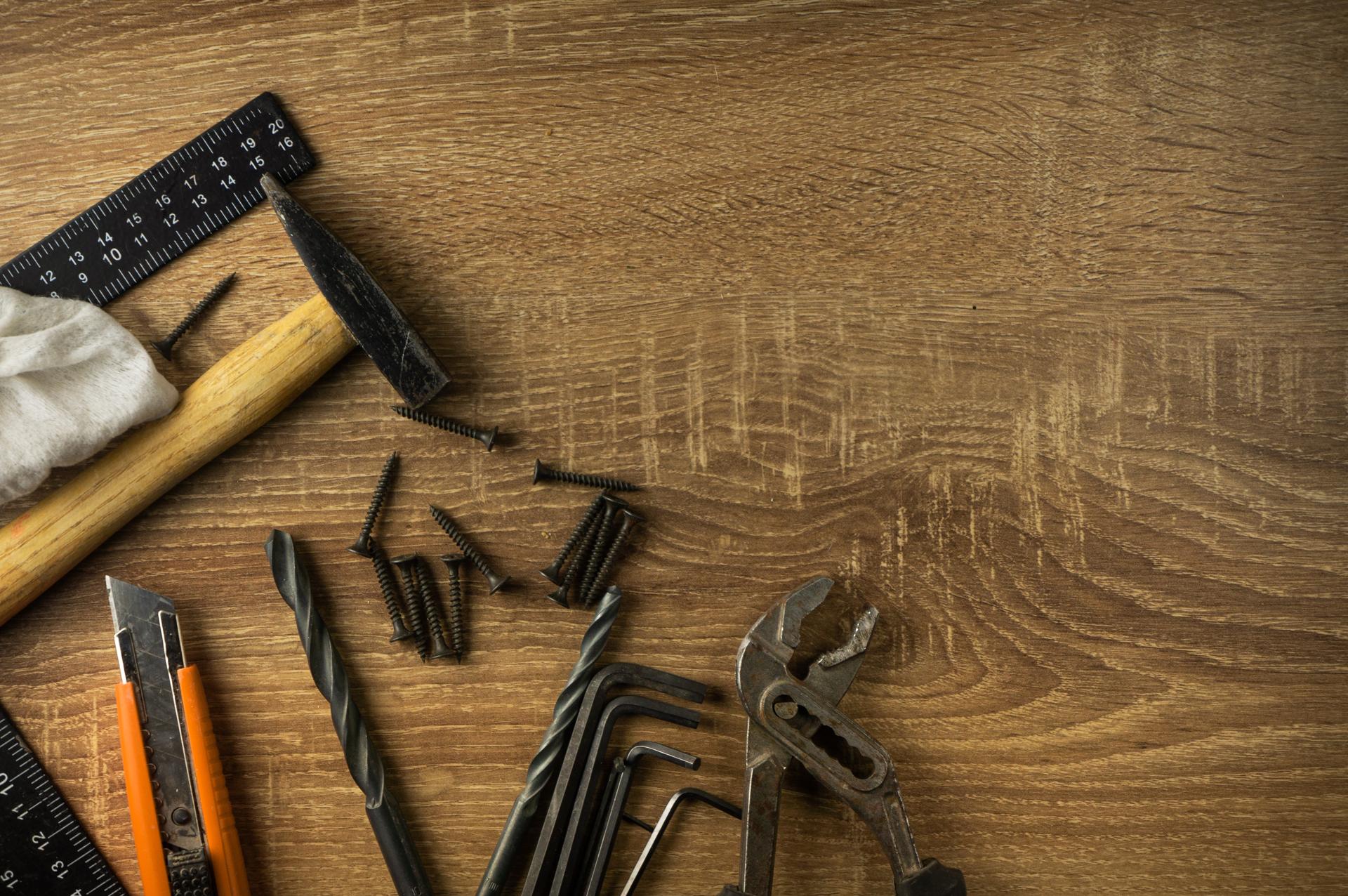Issues with Plumbing at Home? Learn How to Fix Them Yourself!

Plumbing systems are an essential part of every household. If they’re not properly maintained, they can become an issue for many which can cause inconvenience and expensive repairs.
However, there are many benefits to learning how to repair minor plumbing issues yourself, such as saving money and gaining valuable abilities. In this article, we will discuss common plumbing issues and the DIY methods to fix them.
Common Plumbing Issues
Dripping Faucets
Dripping faucets aren’t just annoying, but they also use up a large volume of water during the course of time. The most frequent cause for a dripping faucet is a worn washer, or an O-ring. To resolve this issue shut off water to your faucet. Then, disassemble the handle, then replace the damaged washer or O-ring.
Running Toilets
A running toilet is another common plumbing issue that can waste a lot of water. The most frequent cause is a faulty flapper valve that doesn’t seal correctly, allowing water to flow from the tank into the bowl. To resolve this issue shut off water to your toilet. Then, take off the lid from the tank, and adjust or replace the valve that seals it.
Clogged Drains
Clogged drains can be caused by various things such as soap, hair, or food particles. To resolve this issue you could try using the plunger or drain snake to clear the blockage. Alternately, you could use a mixture of vinegar and baking soda to dissolve the clog.
Low Water Pressure
Low water pressure can be caused by various causes, including mineral buildup in the pipes or a defective pressure regulator. To remedy this problem it is possible to clean the aerator and replacing the pressure regulator.
Tools required for DIY plumbing
For DIY plumbing, you’ll require a few tools, such as the plunger, an adjustable wrench pipe wrench, Teflon tape, and a screwdriver. The tools you have on hand can make it much easier to repair minor plumbing problems.
Safety Tips for DIY Plumbing
Safety should always be a top priority when making any DIY plumbing repairs. Some tips for safety to consider include turning off the water supply before beginning any repair, wearing gloves and safety glasses and having a first aid kit on hand in the event in the event of an emergency.
DIY Plumbing Techniques
For fixing common plumbing problems it is necessary to master some DIY plumbing techniques such as how to turn off your water source, how to repair a leaky faucet or the issue of a toilet that is running and how to clear the drain, and also ways to increase the pressure in your water. These methods can save you time and money when it comes to minor plumbing repairs.
Conclusion
In conclusion, learning how to repair minor plumbing issues yourself can be beneficial in various ways. Not only will it save you costs, but you will provide you with a sense of accomplishment and valuable knowledge. But, for more substantial plumbing problems, it’s best to call an experienced plumber.
FAQ
Can I fix a plumbing problem myself?
Yes, you can repair minor plumbing problems yourself by learning some basic plumbing skills.
Are there any frequent plumbing problems?
The most frequently encountered plumbing problems are dripping faucets, running toilets clogged drains, and low water pressure.
What tools will I require to do my own plumbing?
You will need a few indispensable tools like a plunger, adjustable wrench, pipe wrench, Teflon tape and an screwdriver.
Is DIY plumbing safe?
DIY plumbing is secure if you adhere to safety guidelines and take the appropriate steps.
When should I contact a professional plumber?
You should call a professional plumber for plumbing problems of a serious nature that require specialized equipment and knowledge.
